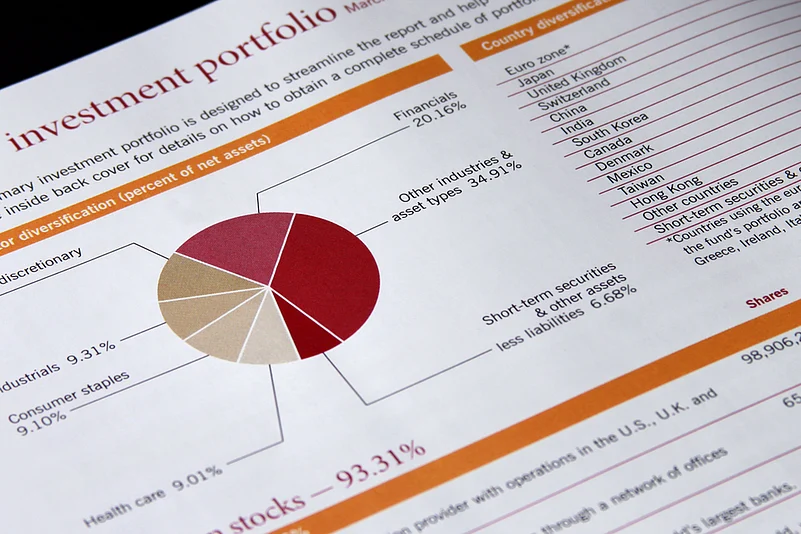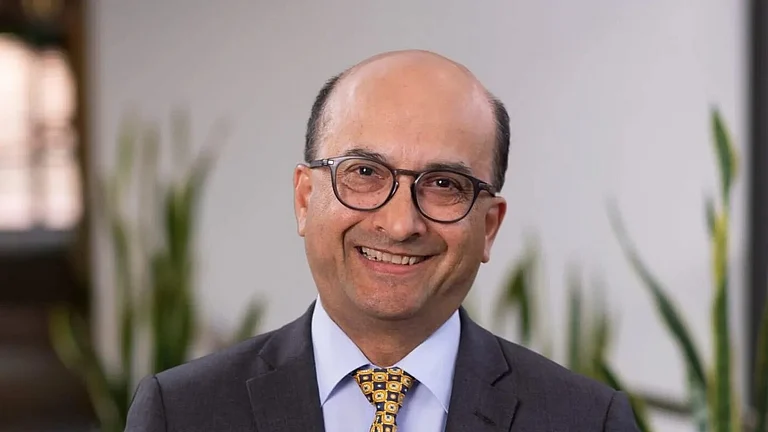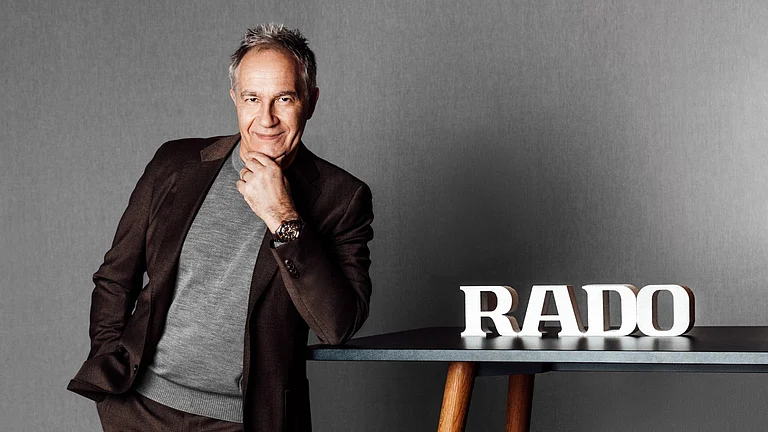Debt mutual funds are going through countless uncertainties gleaming at its peak. For investors it is important to stick to a high-quality portfolio, so that over the next three-to-five-years, they are able to figure out if there is any reasonable visibility and probability noticed in that particular company, said Mahendra Jajoo, Head, Fixed Income at Mirae Asset Global Investments. Excerpts from an interview with Himali Patel
1. What is the future of debt mutual funds in the coming times?
There are two things that are happening currently. First, we have seen that after a very rough 2018, 2019 has brought a little cheer for fixed income investors as RBI has cut interest rates three times in a row. Further, the bond yields have eased to below 7 per cent, which resulted in a good performance for the money market funds and the bond funds. At the same time, over the last one-year, we witnessed a series of events pertaining towards credit sides, which caused some amount of uncertainty and disappointment with a certain set of investors.
But one thing is very clear that, the debt funds are proving to be a very good option for people who want to invest in debt markets. Because the debt funds provide the adequate liquidity, which can be redeemed anytime by investors. It also provides tax advantage if you stay invested for a long time with certain diversification.
2. What should be an investor’s course of action while investing in debt mutual funds?
For us the philosophy has been that, market risk is temporary but credit risk is permanent. So, if you are invested and you get stuck with interest rate volatility like we saw in the last two years, these are cyclical situations where interest rates go up and down but at some point, you need not worry as they ease out again generating reasonable returns. But in case of credit event, it is very unlikely that in most cases there could be much recovery. So, one of the most important features for investors who are investing for the long-term is, they need to understand that, longer the investment horizon, higher the uncertainty and lesser the predictability. So therefore, it is important to stick to a high-quality portfolio to start with so that over, three-five-years time-period, there is a reasonable visibility and probability that those companies will survive. Also, investors should look at their investment objective, risk returns and then invest accordingly.
3. What should new investors keep in mind while investing in fixed income funds?
Considering the current environment, I think people are realising that there are two primary risks in debt funds—a risk of credit and an interest rate volatility risk. However for interest rate risk, once the volatility sets down, there is also the return. So, investors need to be very clear that if they are looking at FD like return they might as well as remain in FD.
As I explained, longer the investment horizon, higher the unpredictability of the situation. Therefore, one needs to stick to high-quality portfolio. Further, in my view, the equity historically has given 15-16 per cent returns in the long run. Now, when it comes to long-term history of debt funds, it is around 7.5-8 percent. Therefore, the equation is very clear that if you are investing in debt funds with a long-term investments horizon, you should expect returns, which are about half of the equity funds. To summarise, investors should not compare debt funds to fixed deposits but view them as market-related products.
4. What has led to the current ongoing problems towards mutual funds as an industry?
I think there is a change in approach to a problem in the current set-up. The factor is that, in the past when we had similar problems, at some point people would expect some kind of a bailout or rescue act and things would settle down and then they would repeat the same mistakes again. This time we noticed that every problem is being taken to its logical conclusion. For example, in case of IL&FS, a series of actions were taken against those who seemed to be responsible for the act. So, I think the problem is the sudden change in the markets after the IL&FS crisis and the hangover is still lingering on many segments within the industry. This is an opportunity for investors to understand that accrual funds are not risk-free; and distributors also need to undertake more due diligence before investing the investors funds.































